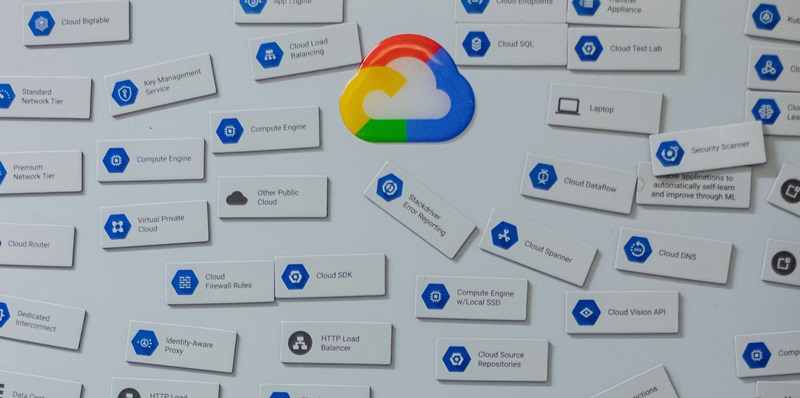In a significant partnership aimed at bolstering climate tech, HSBC and Google Cloud are joining forces. This alliance marries HSBC’s financial expertise with Google’s technological prowess, fostering the growth of eco-conscious innovations. With climate change posing serious global challenges, their collaboration places a spotlight on reducing carbon emissions and promoting environmental responsibility.
Central to their efforts is the Google Cloud Ready – Sustainability program, which highlights companies that utilize Google Cloud to make ecological strides. Their solutions address pressing issues from cutting carbon emissions to enhancing sustainability in supply chains and managing climate risks with ESG data processing.
By uniting, these corporate giants are pushing for a cleaner economy and are playing pivotal roles in the collective fight against climate change, illustrating the necessity of cross-industry cooperation in tackling environmental issues.
Strengthening Sustainability with Strategic Partnerships
Ambitiously aiming to enhance its environmental initiatives, Google Cloud has been the driving force behind the GCR-Sustainability program. The mission is clear: to catalyze sustainable development by endorsing and partnering with leading climate tech companies. Within its first year, the program has already partnered with numerous innovating players in the industry, demonstrating Google Cloud’s committed vision of fostering a technology-driven sustainable future.
Complementing this technological push, HSBC takes on a substantial role by unveiling avenues of finance for these burgeoning companies. In keeping with its goal to nurture green innovation, HSBC is set to dramatically bolster its support for the sector with a $1 billion financing commitment targeted at nascent climate tech ventures. The alliance hence doesn’t only focus on funding but also aims to create conduits between HSBC’s clientele and these transformative sustainability solutions, thus catalyzing innovation through strategic financial backing and network facilitation.
Financing Climate Innovation
The thrust toward a decarbonized future is bolstered immensely by novel and collaborative financial solutions. Natalie Blyth of HSBC and Justin Keeble of Google Cloud both highlight the critical need for initiatives that can incubate technologies pivotal to the worldwide decarbonization effort. The significance of this task is magnified as the flow of investment into climate tech startups slows, calling for strategic partnerships that can breathe new life into the sector.
This foresight is personified by the success of LevelTen Energy, which, as part of the GCR-Sustainability program, has benefited from HSBC’s venture debt financing. This financing has undoubtedly accelerated LevelTen’s objective of transforming renewable energy transactions. Now, with HSBC’s global reach and financial muscle behind them, LevelTen finds new opportunity to scale and integrate with HSBC’s sustainability-committed clientele, propelling its clean energy infrastructure to new heights.
Expanding Industry Impact Through Synergy
The coalition between HSBC and Google Cloud not only promises innovation but has already borne fruit through tangible technological advancements. A milestone in this collaborative journey was the launch of an HSBC credit risk advisory tool on the Google Cloud, embodying the integration of two significant forces in finance and technology.
Moreover, the establishment of HSBC Innovation Banking underscores the need for multidimensional support in incubating businesses at the frontier of innovation and technology. The combination of HSBC’s financial prowess and Google Cloud’s technological infrastructure creates a potent force for driving change in the climate tech landscape, underpinning initiatives that endeavor to make a lasting impact on the sustainability challenges that confront our society.
The alliance forged by HSBC and Google Cloud is a formidable response to the pressing and complex climate crisis. It symbolizes a significant stride in marshaling the essential resources, expertise, and partnerships needed to tackle environmental challenges head-on. The partnership goes beyond mere support for growth in the climate tech sector; it’s about ensuring these pioneering companies have the requisite backing to thrive.
As the world grapples with the imperatives of a carbon-neutral future, the strategic collaboration between these two influential players sets an inspiring example. It shows how alliances can powerfully shape the sustainability trajectory and expedite the path to substantial environmental progress. Their commitment to leveraging technology as a vehicle to confront climate change is a pivotal step in this ongoing global effort and marks the beginning of a new era of innovation for environmental preservation.

